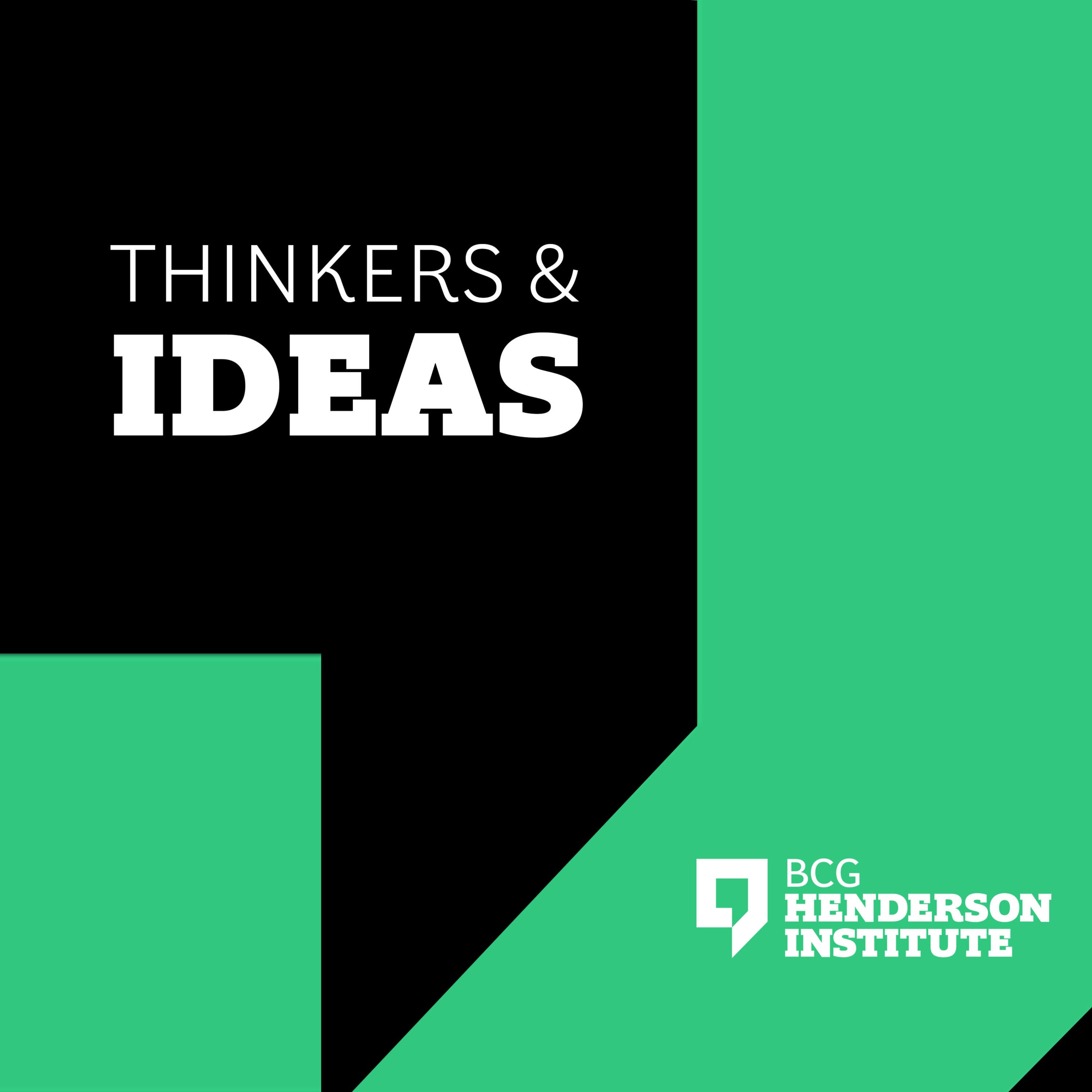Power and Progress with Simon Johnson
Description
In his new book Power and Progress, Simon Johnson, along with his co-author Daron Acemoglu, challenges the techno-optimistic narrative that technological progress will automatically lead to shared prosperity.
Johnson, a professor at the MIT Sloan School of Management, takes us through a millennium of technological progress to show how the gains from advancements such as the agricultural and early industrial revolutions tended to benefit a narrow segment of interests. While technology can enable the kind of equitable growth that is heralded by techno-optimists, this requires an environment that mitigates the natural power imbalance between workers and owners of technology through regulation, labor organizations, and an active civic society. As we stand on the brink of a new wave of innovation from AI, it’s critical that we learn from the history of economic progress to ensure that this time, the gains are shared broadly in society.
In this episode of our Thinkers & Ideas podcast, Johnson joins BCG Henderson Institute Chairman Martin Reeves to discuss the incentives for corporate leaders to create technology directed at equitable growth, the potential impact of AI on society, and the effectiveness of government policies aimed at fostering shared prosperity.
Key topics discussed:
01:19 | Motivation for the book
02:03 | Progress and shared prosperity
07:29 | Effectiveness of redistribution
09:43 | Directing innovation toward social good
16:42 | The impact of AI
20:39 | Role of corporate leaders and investors in directing technology
This podcast uses the following third-party services for analysis:
Chartable - https://chartable.com/privacy
More Episodes
In The Age of Outrage: How to Lead in a Polarized World, Karthik Ramanna provides a framework for leaders to navigate outrage—the intense, polarized reactions to perceived social injustices, political stances, and misaligned corporate actions—by addressing root causes, engaging stakeholders, and...
Published 11/12/24
Published 11/12/24
In The Corporate Life Cycle: Business, Investment, and Management Implications, Aswath Damodaran presents the corporate life cycle as a universal key for demystifying business finance, strategy and company valuation.
Damodaran is a professor of Finance at the Stern School of Business at New York...
Published 10/29/24


